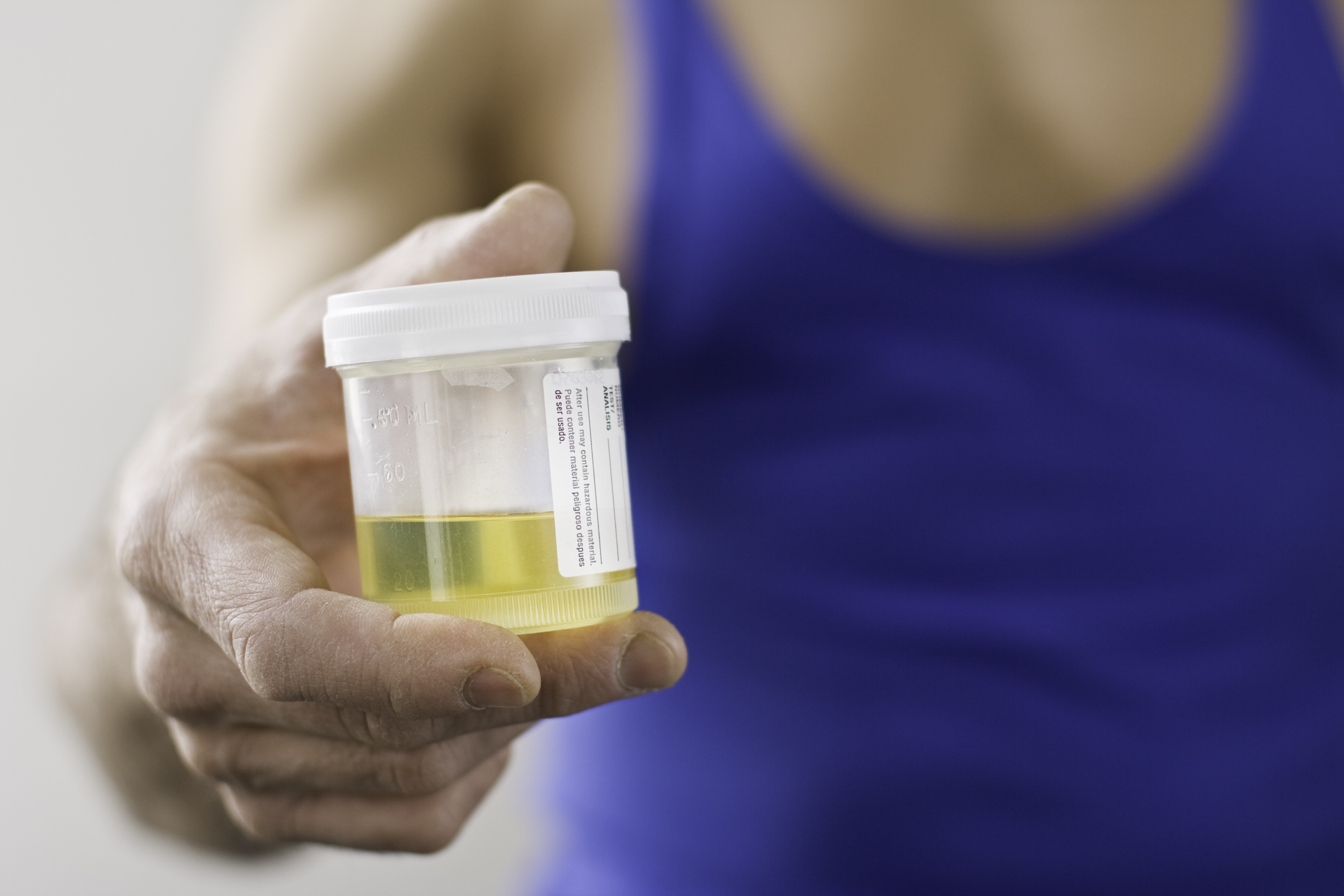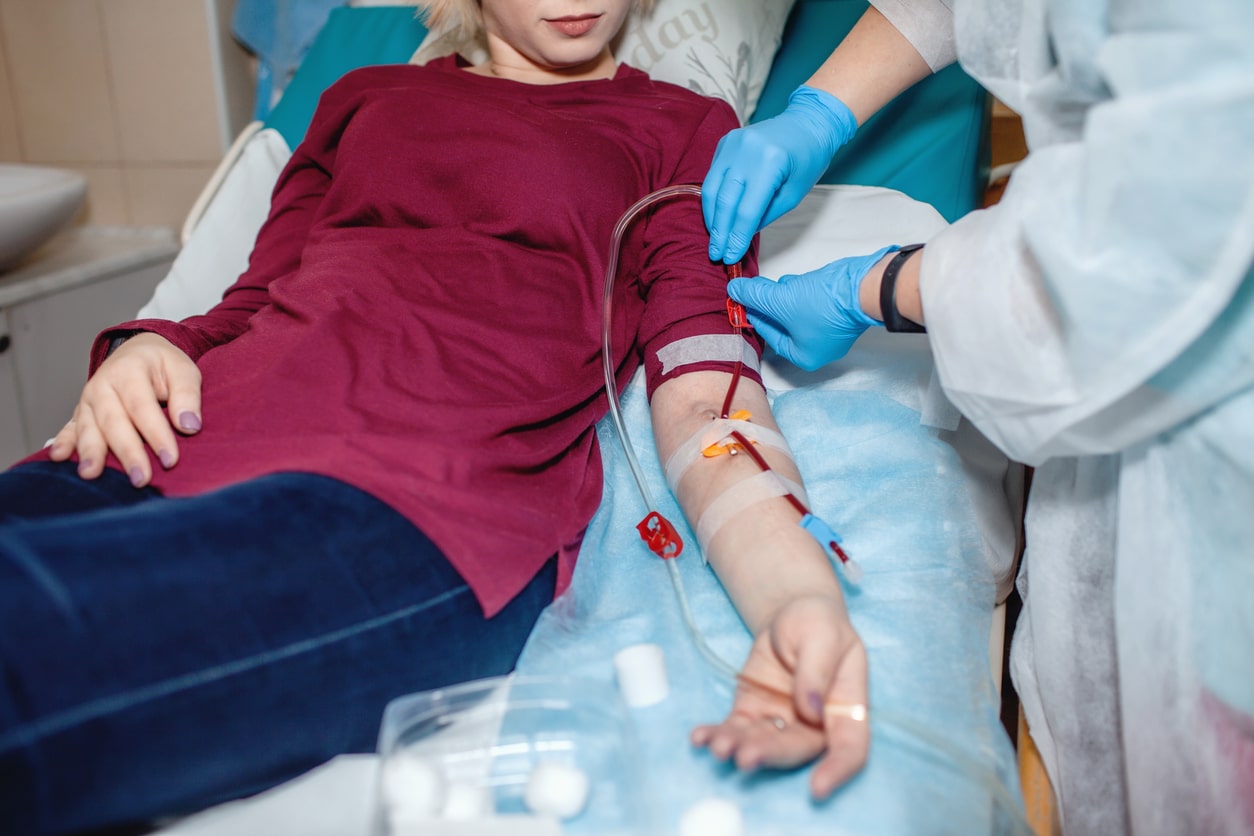
Measurement of proteinuria using urine protein-to-creatinine ratio (UPCR) may lack accuracy during acute kidney injury (AKI) because reduced urine creatinine in the denominator may artificially inflate the ratio. To help address this concern, Ian E. McCoy, MD, and colleagues conducted a retrospective assessment examining whether the magnitude and direction of changes in UPCR during severe AKI episodes are associated with how serum creatinine levels change at the time of sample collection for UPCR estimation. The researchers repeated the analyses to compare UPCRs during hospitalization with those before hospitalization or after discharge, when available.
The study included 329 adults who were hospitalized with stage 2 or 3 AKI (defined as peak/nadir serum creatinine during hospitalization ≥2) at the University of California, San Francisco, from January 1, 2014, to December 31, 2022. All patients had multiple UPCR measurements during their hospitalizations for AKI.
UPCR values were similar regardless of whether serum creatinine was increasing or decreasing at the time of measurement (median difference, 0.06 g/g; interquartile range [IQR], –0.26 to 0.50 g/g). The difference in serum creatinine slopes during sample collection for UPCR estimation was not associated with the difference in UPCR values (UPCR 0.05 g/g higher per mg/dL/d serum creatinine slope; 95% CI, –0.36 to 0.47; P=0.80).
UPCR measurements taken during hospitalization showed positive and negative predictive values. This suggests that evaluating clinically relevant outpatient UPCR levels is useful. In conclusion, the authors wrote, “Despite nonsteady state serum creatinine at the time of collection, UPCRs measured during AKI hospitalizations may be more informative than previously believed and should not be wholly disregarded.”
Source: KI Reports







 © 2025 Mashup Media, LLC, a Formedics Property. All Rights Reserved.
© 2025 Mashup Media, LLC, a Formedics Property. All Rights Reserved.